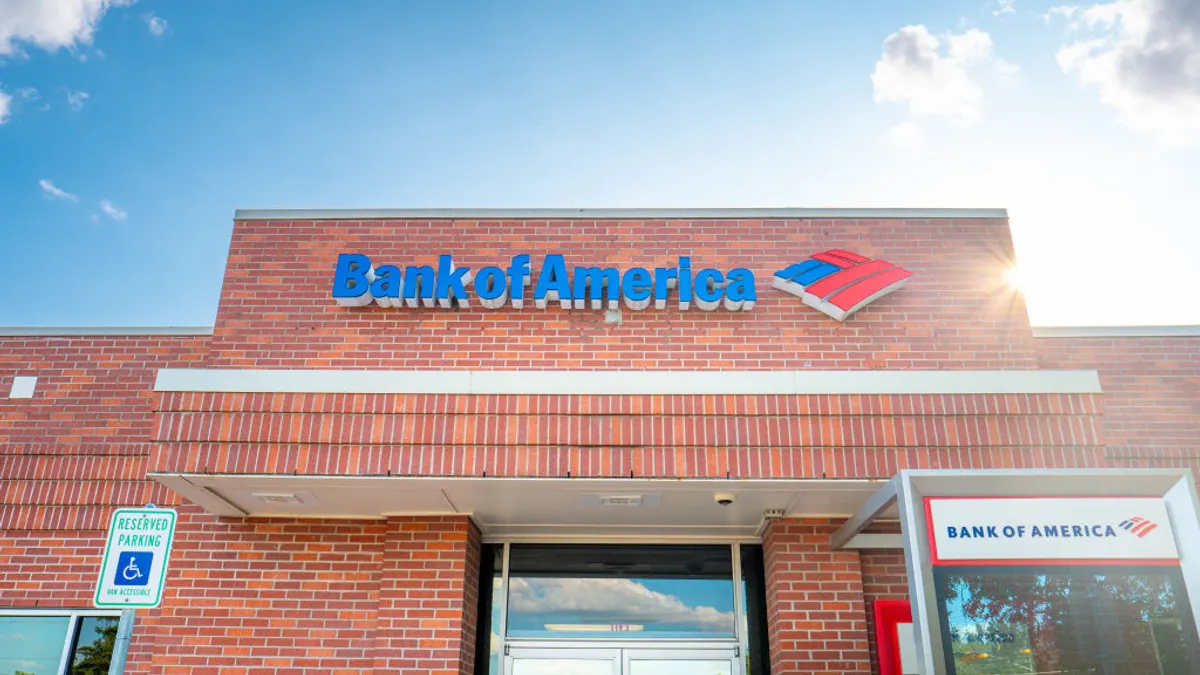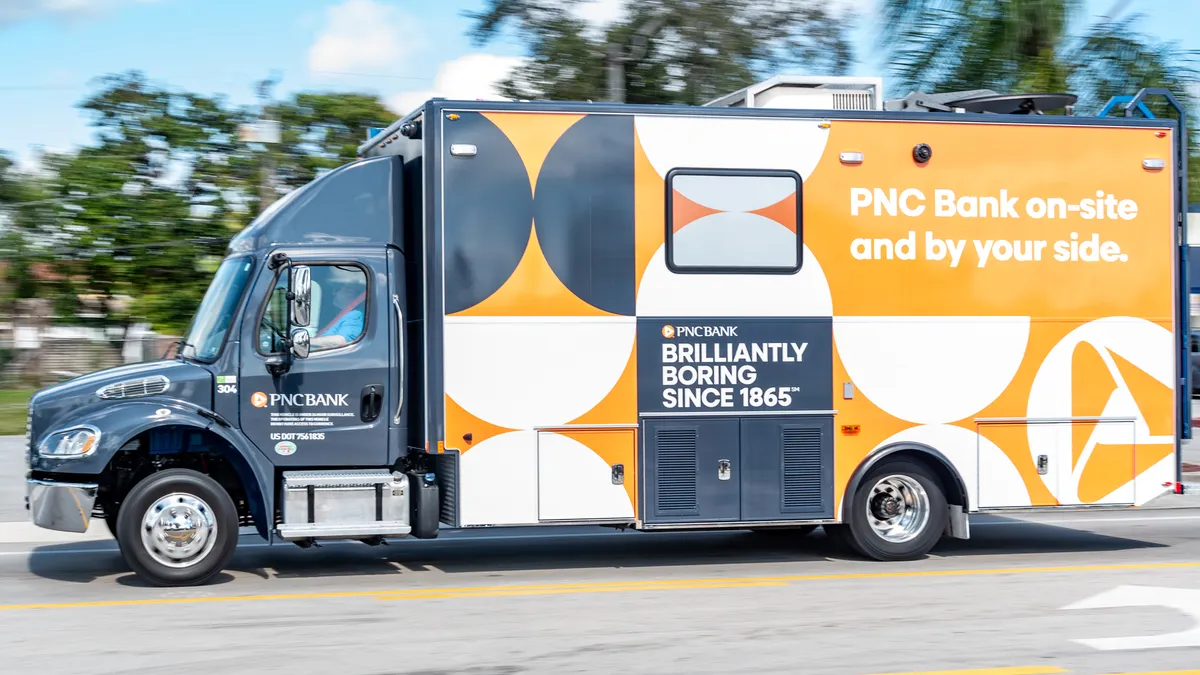Charleston, South Carolina-based REV Federal Credit Union has agreed to acquire Spencer, West Virginia-based First Neighborhood Bank — marking the 15th proposed whole-bank purchase by a credit union this year.
Following the transaction announced Tuesday, the $1.1 billion-asset credit union will expand its footprint beyond the Carolinas and gain more than 7,000 new members as it adds First Neighborhood’s five locations to REV’s nearly 20 branches.
“Our mission is Growth with Purpose,” REV CEO Jason Lee said in a statement. “This purpose is centered around member impact, social impact, economic impact and ensuring our long-term survivability.”
“Through this partnership, we want to be actively engaged in the community and create this level of impact in the Mid-Ohio Valley region,” Lee added.
The acquisition will be REV’s third expansion in the last four years – but with two notable changes: It’s REV’s first bank acquisition and its first move outside the Carolinas. REV expanded into North Carolina after it received approval in 2021 to merge with Riegelwood Federal Credit Union and Hamlet Federal Credit Union.
Financial terms of the First Neighborhood deal were not disclosed, nor was there an estimated time frame for closing.
“REV has a proven track record of creating significant impact in the communities it serves,” Dave Righter, First Neighborhood’s CEO, said in a statement. “I’m excited to bring its mission of Growth with Purpose to West Virginia and enhance our ability to serve the financial needs of this region.”
First Neighborhood Bank counted roughly $148 million in assets as of June.
REV’s acquisition puts 2024 one transaction away from 2022’s record of 16 announced whole-bank purchases by credit unions. Beyond the 15 whole-bank deals so far this year, there have been three others in which credit unions took on part of a bank’s footprint.
Michael Bell, a partner at the law firm Honigman, credits the sustained momentum of credit union-bank tie-ups to “all the macro pressure of being a small financial institution.”
Additionally, “it seems that sellers are currently preferring cash over bank stock” among transaction terms, Bell told Banking Dive in an emailed statement.
Trade groups such as the Independent Community Bankers of America have bemoaned the recent uptick in credit union-bank tie-ups, arguing credit unions’ tax-exempt status allows them to offer higher purchase prices than banks.
“The loss of community banks to tax-advantaged credit unions clearly shows the harmful and irreversible impact of the excessively burdensome regulatory environment that only continues to grow,” ICBA CEO Rebeca Romero Rainey said in May. “Further, the sluggish merger approval processes of federal banking regulators constrain bank-to-bank deals, while the National Credit Union Administration's bureaucratic obstacles and roadblocks to credit union conversions and mergers make it more difficult for a bank to acquire a credit union than vice versa.”
REV earned roughly $3.3 million for the first half of 2024 — up 2% compared to last year, according to call report data from the NCUA.













